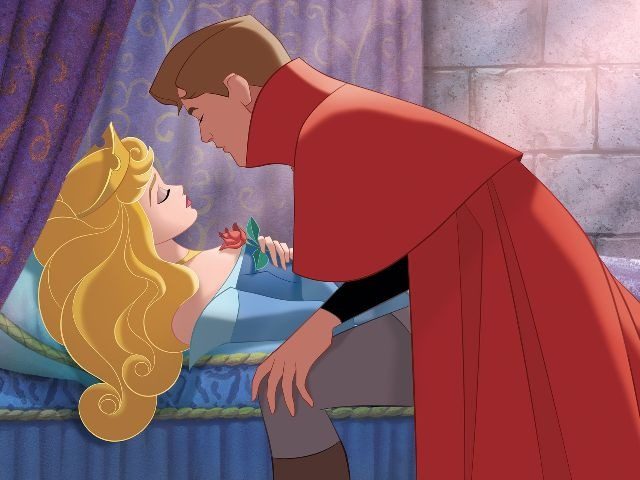A professor at Osaka University in Osaka, Japan, tweeted in December that in Disney’s Sleeping Beauty, the prince assaults Princess Aurora when he kisses her to wake her up.
“When you think rationally about Snow White and Sleeping Beauty, that tell of a ‘princess being woken up by the kiss of a prince,’ they are describing sexual assault on an unconscious person. You might think I’m ruining the fantasy of it all, but these stories are promoting sexual violence and I would like everyone to be aware of it,” Professor Kazue Muta, a sociology and gender theory professor at Osaka University wrote in a tweet that has since been translated to English.
The tweet has been retweeted over 2,500 times. Many of the responses deride the professor for the unusual analysis of the timeless innocent fairy tale stories. Some have pointed out that in the Grimm version of Sleeping Beauty, the prince is told that kissing her would wake her from her eternal sleep. They argue that the prince was motivated not by perversion but rather by a desire to wake Sleeping Beauty.
Muta is the author of the book, Sir, That Love Is Sexual Harassment, which analyzes sexual harassment in the workplace. Muta compared the fairy tale princes to an actual sexual assault that took place recently in Wakayama, Japan, in which a man was arrested for kissing a sleeping woman on a train.
Some say that the tweet was meant to be light-hearted and Muta should be satisfied with the fact that it has started a conversation on the nature of sexual assault.
In November, Sarah Hall, a mother from Newcastle, requested that her six-year-old son’s school remove Sleeping Beauty from the curriculum because it allegedly promotes “inappropriate sexual behavior.”
“I think it’s a specific issue in the Sleeping Beauty story about sexual behaviour and consent,” Hall said in a comment. “It’s about saying: Is this still relevant, is it appropriate?”

COMMENTS
Please let us know if you're having issues with commenting.